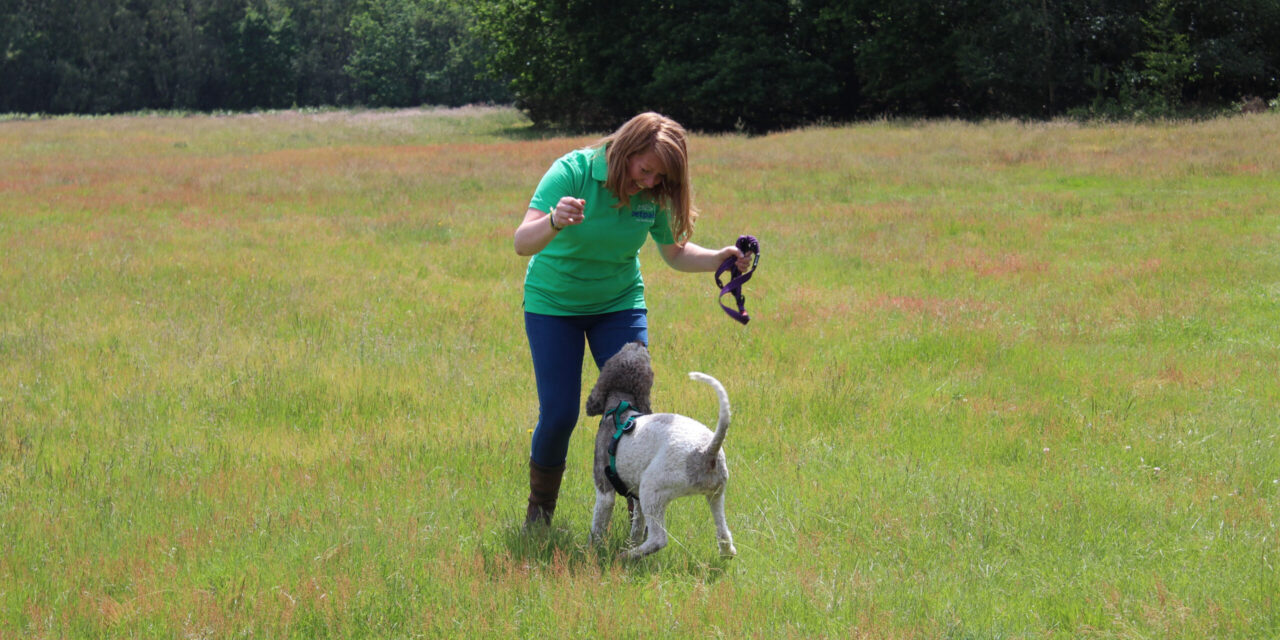The pet care industry is evolving beyond just providing services to pets. It now encompasses a responsibility to ensure ethical practices that benefit animals, owners, and communities alike.
According to Kevin Thackrah, Director of Petpals, running an ethical pet care business is fundamental to building trust and strengthening reputations in this competitive field.
Ethical practices not only create a sustainable foundation for businesses but also ensure that pets are cared for with respect and compassion. “It’s about creating a safe, reliable environment for pets and clients – something that we’re proud to lead and uphold,” Thackrah explains.
Training and Certification: A Core Commitment
One of the primary steps toward ethical pet care is prioritising ongoing education and certification for staff. While many employees may be experienced pet owners, professional pet care introduces challenges such as managing specific health concerns or addressing complex animal behaviours. Regular training ensures teams remain well-equipped to handle situations ranging from soothing an anxious pet to managing health emergencies.
Clients value businesses that emphasise professional training, as it provides reassurance that their pets are in capable hands. This trust often leads to stronger customer loyalty and repeat business.
Health, Safety, and Transparency
Health and safety remain central to ethical pet care practices. Businesses are encouraged to maintain a culture of vigilance through proper sanitation, hazard management, and emergency preparedness. These measures not only safeguard the pets but also protect staff and enhance the overall reputation of the business.
Transparency plays a crucial role in strengthening client relationships. Providing regular updates, whether through report cards, photos, or phone calls, allows pet owners to stay connected with their pets’ experiences. Clear communication also enables personalised care, addressing specific needs and preferences.
Keeping Pace with Industry Standards
As the pet care sector evolves, so do the expectations around animal welfare and business practices. Ethical businesses must stay updated on the latest developments in health, behaviour, and legislation. This ensures compliance and instils confidence among pet owners that their animals are receiving high-quality care.
Recent incidents involving inadequate care have highlighted the need for stricter standards across the UK. Ethical businesses must adapt and demonstrate their commitment to these standards to reassure clients of their dedication to safety and welfare.
Community Impact and Industry Leadership
Ethical pet care extends beyond the individual business to positively impact the broader community. Initiatives such as supporting local shelters, hosting workshops, or collaborating with animal welfare organisations showcase a commitment to giving back.
Businesses that lead by example not only inspire others in the industry to improve their standards but also elevate the overall reputation of the sector. The ripple effect of such practices encourages a higher benchmark for responsible pet care across the board.
Role of the Pet Care Franchise Association
Petpals is a founding member of the Pet Care Franchise Association (PCFA), which unites franchises committed to maintaining the highest ethical standards. The PCFA provides a framework of strict guidelines for member businesses, fostering client trust and ensuring pet welfare.
“Being part of the PCFA gives our franchisees access to a network of like-minded professionals and best practices,” says Thackrah. This affiliation reassures clients that businesses within the network adhere to strict ethical and operational standards.








